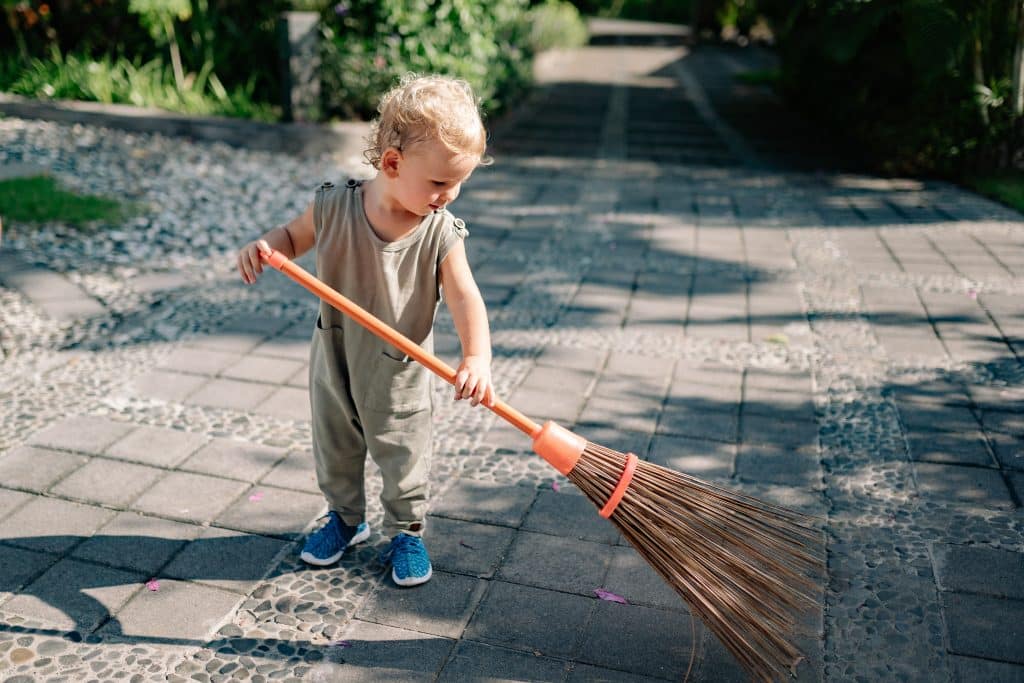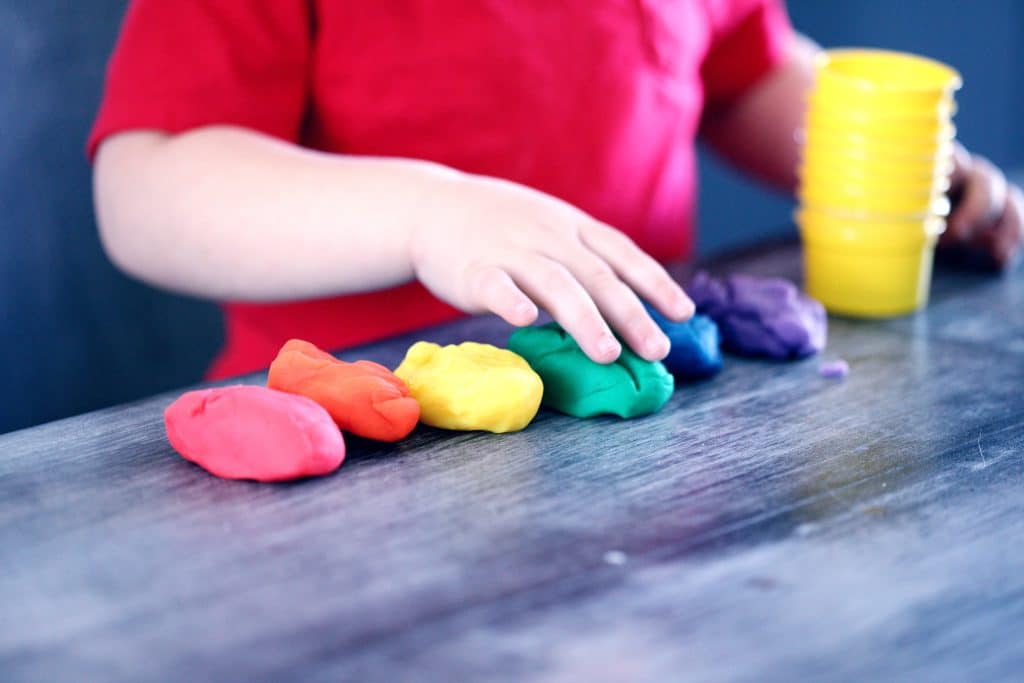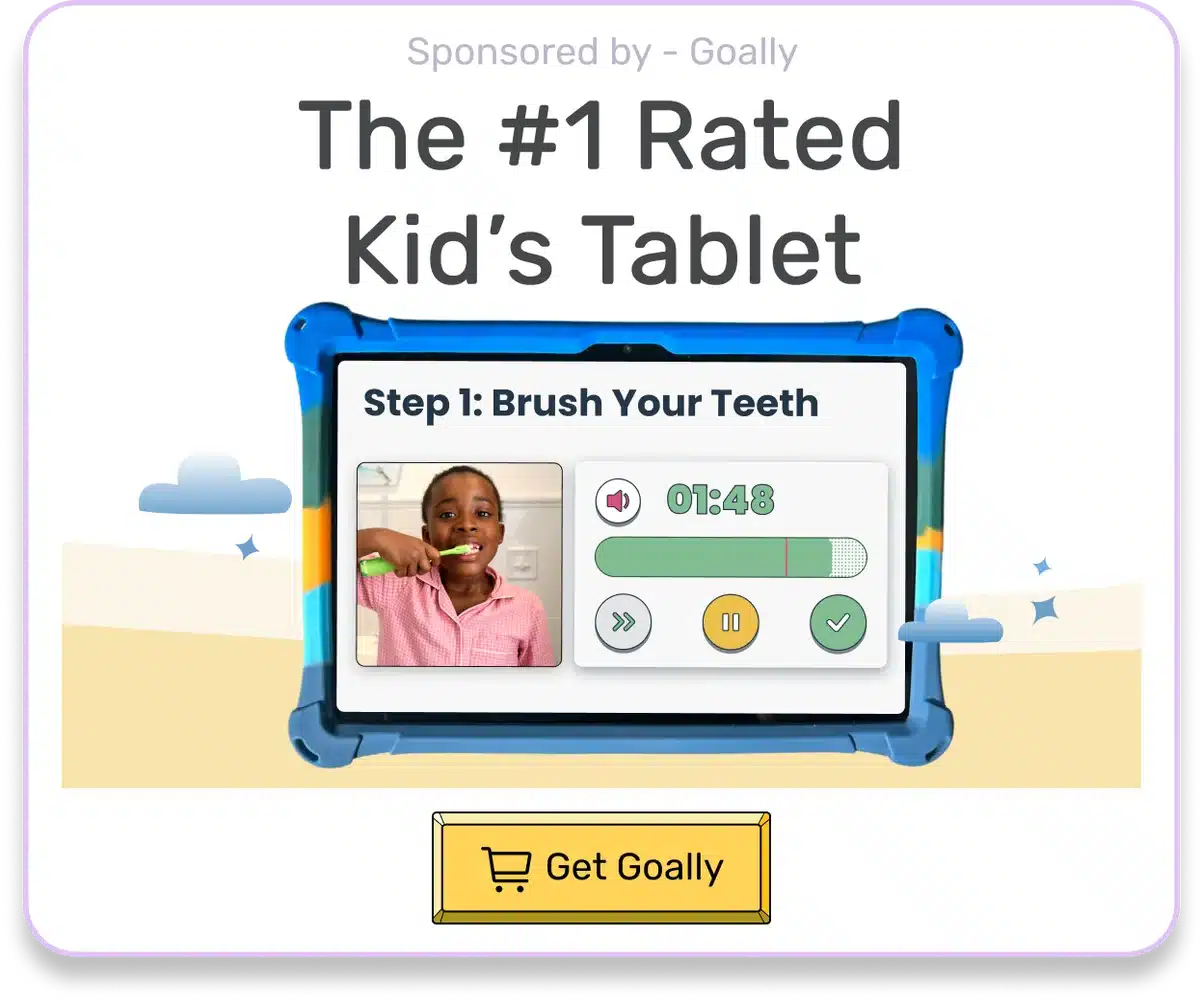Curious about “what percentage of the population is neurodivergent?” Driven by both genetic and environmental factors, an estimated 15-20 percent of the world’s population exhibits some form of neurodivergence. As a parent, learning about neurodiversity and its impact on kids with thinking and learning differences is essential. In this guide, we’ll discuss the prevalence of neurodivergence, the importance of celebrating neurodiversity, and how you can support your child on their unique journey. Let’s dive into this fascinating world together!
Table of Contents
Neurodivergence: The Numbers You Need to Know
When discussing neurodivergence, it’s helpful to know the numbers. Studies show that about 20% of people are neurodivergent. This means one in five people has a brain that works differently from the “neurotypical” majority. Some common neurodivergent conditions include autism, ADHD, dyslexia, and dyspraxia.
Let’s take a closer look at the prevalence of these conditions among kids:
| Condition | Prevalence |
|---|---|
| Autism | 1 in 54 kids |
| ADHD | 1 in 10 kids |
| Dyslexia | 1 in 5 kids |
| Dyspraxia | 1 in 20 kids |
These numbers reveal that neurodivergent kids are more common than you might think. Recognizing and celebrating the unique strengths and challenges that come with neurodiversity is crucial.

Read more: Free Neurodivergent Test | 10 Questions
Celebrating Neurodiversity: Embracing Our Differences
Neurodiversity is the idea that differences in how our brains work are a natural and valuable part of being human. By celebrating neurodiversity, we can create a more inclusive and supportive world for kids with thinking and learning differences. This approach helps us appreciate the unique strengths of neurodivergent kids and encourages open conversations about neurodiversity and its impact on daily life.
As parents, we can support inclusive education and systems that help kids with different learning needs. We can also challenge stereotypes and stigmas about neurodivergent conditions. By embracing neurodiversity, we can help neurodivergent kids reach their full potential and create a more understanding and accepting society.
Read More: Neurotypical vs Neurodivergent
Helping Your Neurodivergent Child: Tips for Success
1. Learn About Your Child’s Unique Needs
Every neurodivergent child is different, so it’s important to understand their specific needs and challenges. Learn about their condition, talk to professionals, and listen to your child’s experiences to better understand their world. Goally offers a learning tablet for kids and apps that can help you gain insights into your child’s unique needs and support their development.

Read more: Is ADHD Neurodivergent?
2. Make a Supportive Environment
Make sure your home is a safe and caring place for your child. This might mean making changes to help with sensory sensitivities, creating routines, or providing tools and resources to support their learning and growth. Goally’s learning tablet can be a valuable tool in creating a supportive environment tailored to your child’s needs.
3. Encourage Social Connections
Help your child make friends with other kids and adults. Please encourage them to join social activities, clubs, or groups and make friends with other neurodivergent kids who have similar experiences. Building a strong social network can have a positive impact on your child’s emotional well-being and overall development.
4. Be Your Child’s Advocate
Stand up for your child in school and the community. Work with teachers to make sure they get the help they need and raise awareness about neurodiversity to promote understanding and acceptance. Being your child’s advocate can make a significant difference in their educational experience and personal growth.
Goally | The Tablet for Neurodiverse Kids

5. Celebrate Successes
Recognize and celebrate your child’s achievements, big and small. By focusing on their strengths and accomplishments, you can help boost their confidence and self-esteem. Celebrating successes can motivate your child to continue learning and growing.
Resources for Parents of Neurodivergent Kids
As a parent, it’s important to have access to resources that can help you assist your neurodivergent child. Here are some organizations and websites that offer helpful information and guidance:
- Understood: A great resource for parents of kids with thinking and learning differences.
- CHADD: The National Resource on ADHD, offering help and information for parents and people with ADHD.
- Autism Society: A national group working to improve the lives of people affected by autism.
- International Dyslexia Association: A worldwide organization that provides help and support for people with dyslexia and their families.
By using these resources, you can gain valuable knowledge and support to help your neurodivergent child succeed.
Goally | Apps To Support Child Development
Looking for fun ways to help your child learn life skills? Try Goally! The Goally tablet comes with award-winning learning apps and video classes to help kids develop the skills they need to become independent with FUN & evidence-based practices.

Our apps teach executive function, language, emotional regulation, finger dexterity skills, and more.
As your child develops new skills, you can increase the difficulty level of the tasks in the app to challenge and motivate them even further. This helps your child grow and progress at their own pace, while also keeping them engaged and excited about their development.

Understanding Neurodiversity: A Parent’s Journey
As we’ve explored the question, “What percentage of the population is neurodivergent,” we’ve learned that neurodivergence is more common than many people think. By celebrating neurodiversity and providing the right support, we can help our kids with thinking and learning differences grow and succeed. Remember, you’re not alone on this journey, and there are many resources available to assist you and your child navigate the world of neurodiversity. Together, we can innovate a brighter future for all neurodivergent kids.
FAQs About Neurodiversity
What does neurodivergent mean? Neurodivergence refers to variations in the brain regarding sociability, learning, attention, mood, and other mental functions. It includes conditions such as ADHD, Autism, Dyslexia, and others.
Is ADHD considered a neurodivergent condition? Yes, ADHD (Attention Deficit Hyperactivity Disorder) is considered a neurodivergent condition because it involves differences in brain functioning related to attention, activity levels, and impulse control.
Can someone be both neurodivergent and neurotypical? No, these terms are mutually exclusive. Someone who is neurodivergent has neurological differences, while a neurotypical individual has a style of neurocognitive functioning that is considered the societal norm.
What's the relationship between neurodivergence and intelligence? Neurodivergence is not related to intelligence. A neurodivergent person can have any level of intelligence, just like anyone else.
Can neurodivergent conditions be diagnosed in adulthood? Yes, while many neurodivergent conditions are often diagnosed in childhood, they can also be identified and diagnosed in adulthood.
This post was originally published on 04/20/2023. It was updated on 01/31/2024.

Goally
We help parents teach their kids life skills, like doing bedtime and morning independently. Backed by science, we incorporate evidence-based practices and expert-informed designs in all of our apps and content.





